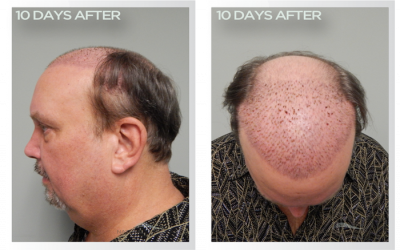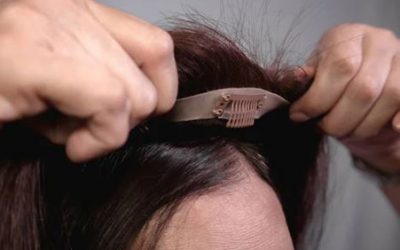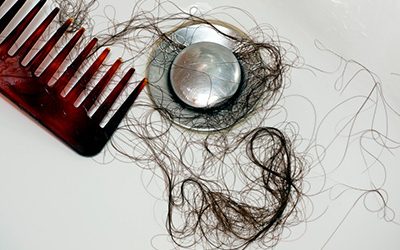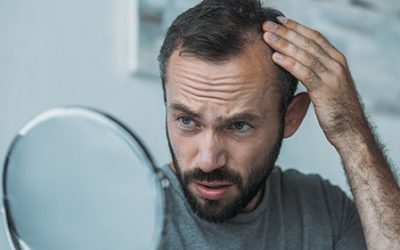Have you ever looked in the mirror and noticed your hair thinning, sending waves of panic down your spine? You’re not alone. Hair loss is a natural process that occurs in everyone, with an average daily shedding of about 80 hair strands. However, if you’ve been witnessing an unusual amount of hair loss, you might be wondering if your precious locks are slipping away for good.
The signs of balding can be distressing, including a receding hairline, increased hair in the shower drain, and changes in how your hair behaves when brushed. But before you jump to conclusions, it’s essential to understand that hair thinning and baldness are two separate issues, and there are numerous treatment options available.
Several factors can contribute to hair thinning, such as:
Hormonal or Chemical Imbalance: Hair thinning can result from changes in hormone production due to factors like new medications or the discontinuation of a prescription.
Thyroid Problems: If you’ve also experienced symptoms like memory loss, depression, sudden weight gain, dry skin, fatigue, and muscle aches, your hair thinning might be linked to a thyroid issue.
Vitamin B or Iron Deficiency: Insufficient intake of specific vitamins and minerals can lead to hair thinning.
Dramatic Weight Loss: Significant weight loss can trigger hair thinning as your body adjusts to the changes.
New Hair Products: The use of harsh hair products may damage your hair, causing it to thin over time.
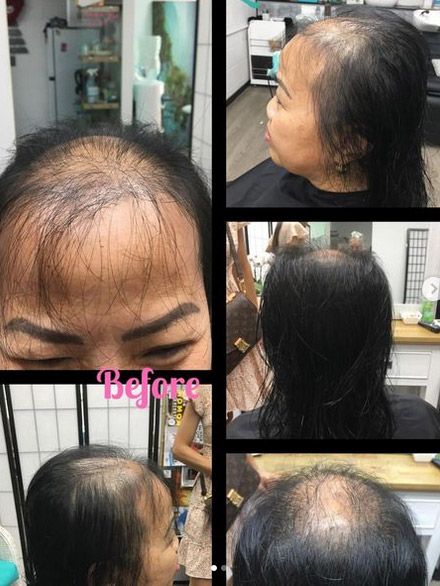
Keep in mind that hair grows in cycles, so if you’ve just started noticing significant hair loss, the underlying cause may have only occurred up to three months ago. If you can identify one or more of these factors as the cause of your hair loss, rest assured that your hair is probably just thinning, and you’re not necessarily going bald – though we do recommend talking to your doctor about any specific concerns.
Thinning hair can be emotionally distressing, especially when you see spaces between your strands and your scalp peeking through. Fortunately, there are various noninvasive treatments available to address this issue and prevent further progression.
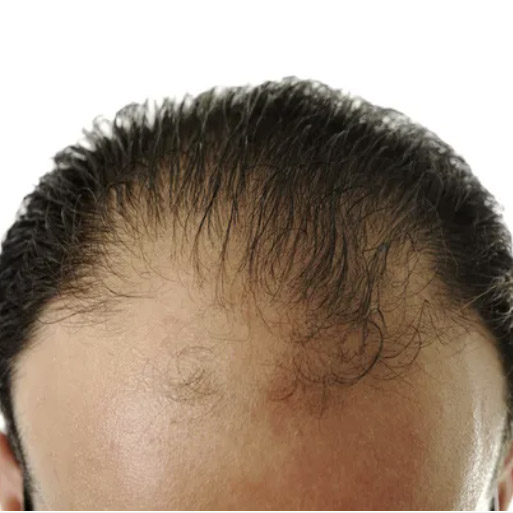
Understanding the Causes:
Two primary conditions account for most age-related hair loss:
Androgenetic Alopecia: Also known as male- or female-pattern hair loss, this condition involves a gradual thinning of hair. Hair follicles become smaller, resulting in finer strands, and some follicles may stop producing hair altogether. Genetics and age-related hormonal changes often contribute to this type of hair loss.
Telogen Effluvium: This sudden thinning of hair often occurs in response to emotional or physical stress, high fever, infections, surgery, medical conditions, or new medications. It’s characterised by a rapid shedding of hair.
How Meraki Hair Loss Clinic Can Help:
If you suspect hair loss, your doctor can assess whether an underlying condition, medication, hormonal changes, or aging is the culprit. They may order blood tests or recommend treatments. Alternatively, you can consult with our hair loss specialists on one of our private consultation rooms.
In conclusion, don’t let the fear of hair loss overwhelm you. While it can be a distressing experience, understanding the underlying causes and seeking professional help can lead to effective treatments and potentially regrowing your thinning hair.

